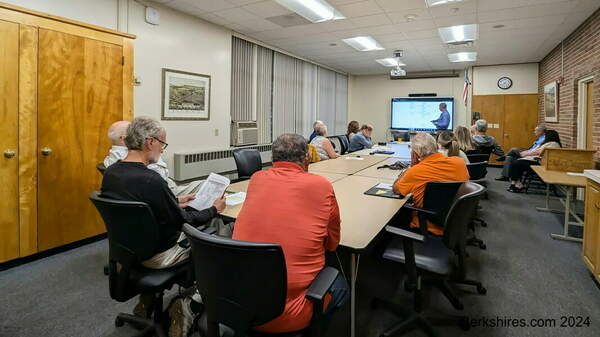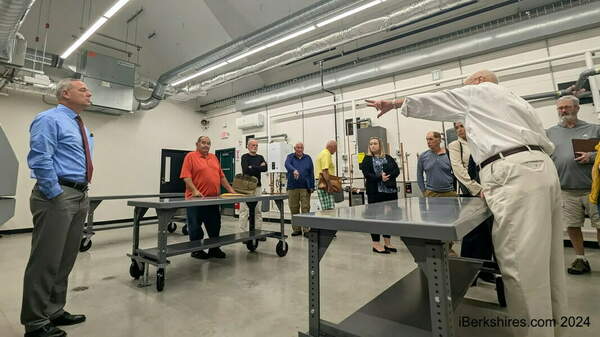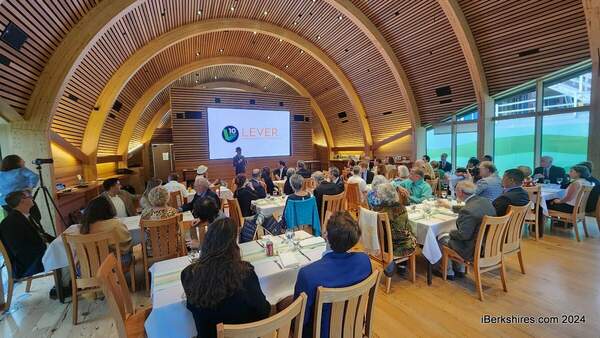
Is a Donor-advised Fund Right for You?
You can find many ways to support charitable organizations. One method that's gained popularity over the past few years is called a donor-advised fund. Should you consider it?
The answer depends on your individual situation, because donor-advised funds are not appropriate for everyone. However, if you're in a position to make larger charitable gifts, you might at least want to see what this strategy has to offer.
Here's how it works:
-
Contribute to the fund. You can contribute to your donor-advised fund with cash or marketable securities, which are assets that can be converted to cash quickly. If your contribution is tax deductible, you'll get the deduction in the year you make the contribution to the fund. Of course, these contributions are still subject to IRS limits on charitable tax deductions and whether you itemize your deductions. If you typically don't give enough each year to itemize and plan on making consistent charitable contributions, you could consider combining multiple years' worth of planned giving into a single donor-advised fund contribution, and claim a larger deduction in that year. This move may be especially impactful if you have years with a higher amount of income, with an accompanying higher tax rate. If you contribute marketable securities, like stocks and bonds, into the fund, a subsequent sale of the securities avoids capital gains taxes, maximizing the impact of your contribution.
-
Choose an investment. Typically, donor-advised funds offer several professionally managed diversified portfolios where you can place your contributions. You'll want to consider the level of investment risk to which your fund may be exposed. And assuming all requirements are met, any investment growth is not taxable to you, the donor-advised fund or the charity that ultimately receives the grant, making your charitable gift go even further.
-
Choose the charities. You can choose grants for the IRS-approved charities that you want to support. You decide when you want the money donated and how it should be granted. You're generally free to choose as many IRS-approved charitable organizations as you like. And the tax reporting is relatively easy — you don't have to keep track of receipts from every charity you support. Instead, you can just keep the receipts from your contributions to the fund.
Although donor-advised funds clearly offer some benefits, there are important trade-offs to consider. For one thing, your contributions are irrevocable, which means once you put the money in the fund, you cannot access it for any reason other than charitable giving. And the investments you choose within your fund will carry some risk, as is true of all investments. Also, donor-advised funds do have investment management fees and other costs. So, consider the impacts of these fees when deciding how you want to give.
In any case, you should consult with your tax and financial professionals before opening a donor-advised fund. And if the fund becomes part of your estate plans, you'll also want to work with your legal advisor. But give this philanthropic tool some thought — it can help you do some good while also potentially benefiting your own long-term financial strategy.
This article was written by Edward Jones for use by your local Edward Jones financial advisor. Courtesy of Rob Adams, 71 Main Street, North Adams, MA 01247, 413-664-9253.. Edward Jones, its employees and financial advisors cannot provide tax or legal advice. You should consult your attorney or qualified tax advisor regarding your situation. For more information, see This article was written by Edward Jones for use by your local Edward Jones financial advisor. Courtesy of Rob Adams, 71 Main Street, North Adams, MA 01247, 413-664-9253.. Edward Jones, its employees and financial advisors cannot provide tax or legal advice. You should consult your attorney or qualified tax advisor regarding your situation. For more information go to www.edwardjones.com/rob-adams.

















